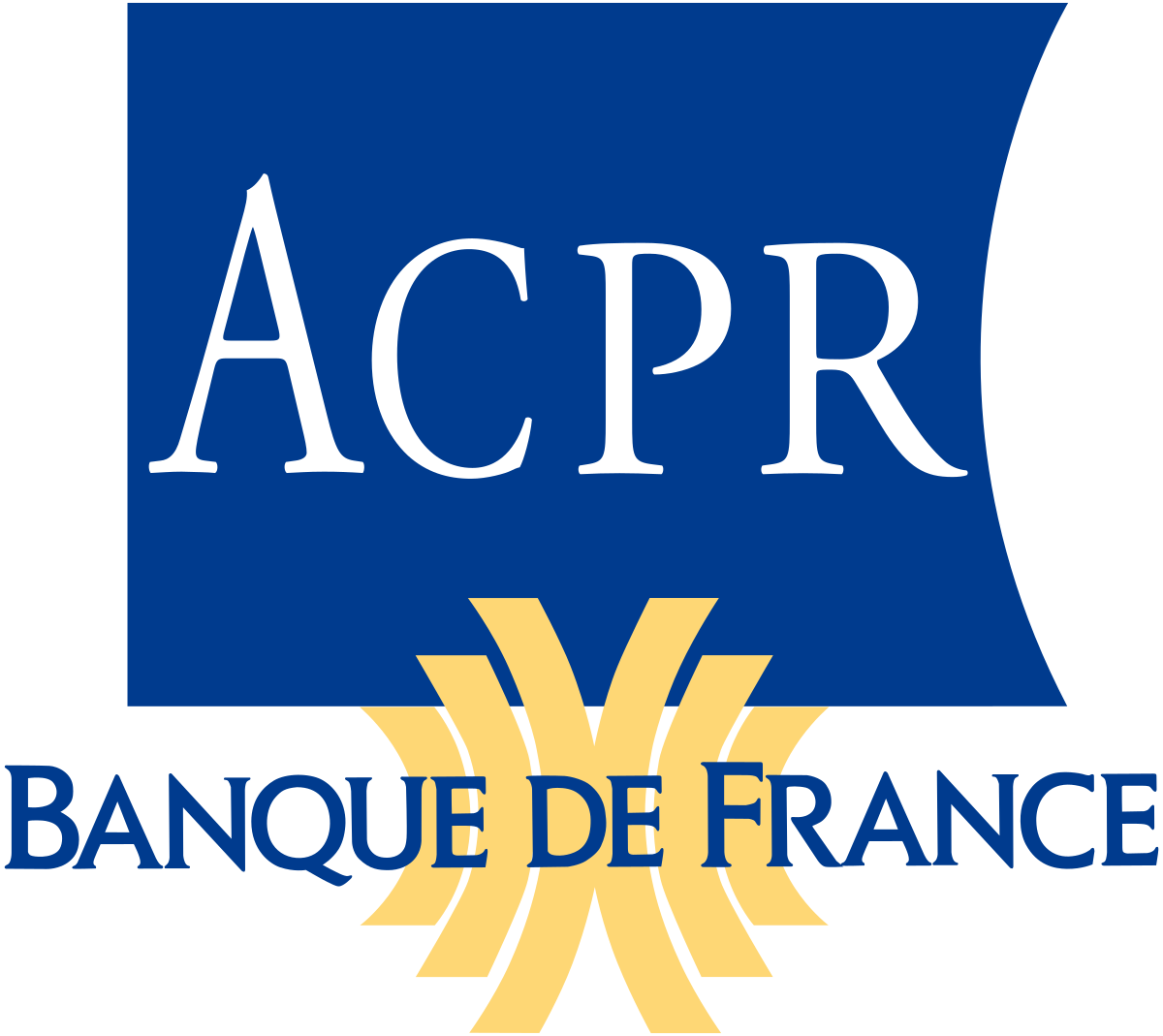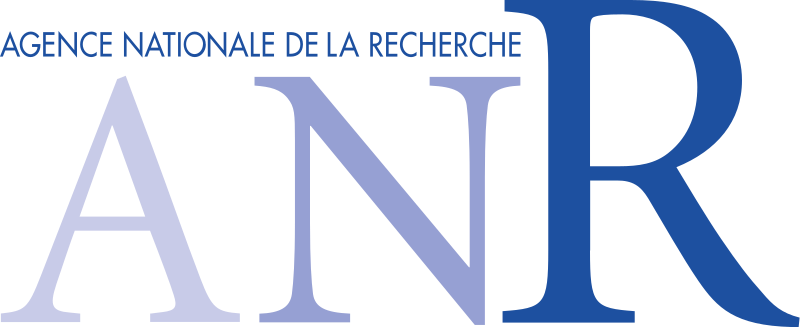Artificial Intelligence (AI) can have a profound impact in improving the efficiency of Anti- Money Laundering and Countering the Financing of Terrorism (AML-CFT) systems. However, before AI algorithms can be deployed by banks and other regulated entities, major regulatory issues around explainability must be overcome.
PwC and Telecom Paris created a chair of research to address AI explainability in the context of AML-CFT. The chair, led by David Bounie, economics professor, Winston Maxwell, director of law and technology studies and Stephan Clémençon, professor of applied mathematics and statistical learning is launched for a period of 4 years. It fits into the activities of the “Operational AI Ethics” program of Telecom Paris.
The objective of the Chair is to develop an optimal regulatory framework for the deployment of Artificial Intelligence in AML-CFT use cases. Its main goals are:
- Understanding the challenges faced by banks around the world to fight money laundering and terrorist financing
- Measuring the efficiency of current AML-CFT systems across the world
- Analyzing the cost and benefits of implementing AI in AML-CFT detection systems
- Exploring how different levels of explainability can affect the deployment of AI in AML-CFT
- Reducing the regulatory uncertainty to drive the adoption of more efficient AI solutions to combat financial crime



